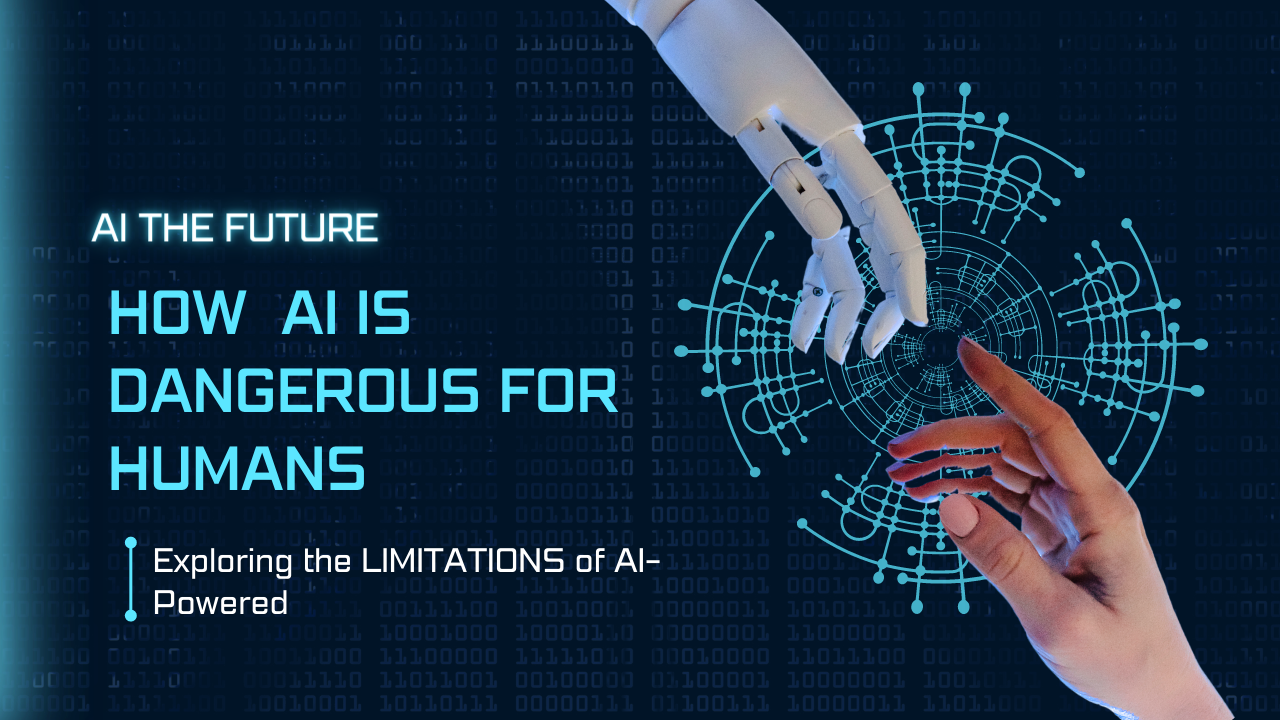Lack of contextual understanding:
- Artificial Intelligence models struggle with ambiguous language, idioms, metaphors, and sarcasm.
- They rely on statistical patterns instead of true comprehension.
- This can lead to misinterpretation and incorrect responses.
Common sense reasoning:
- Artificial Intelligence systems lack the innate common sense reasoning abilities humans possess.
- They struggle to infer implied information or make logical deductions based on background knowledge.
- This can result in nonsensical or illogical responses.
Emotional understanding:
- Artificial Intelligence models find it challenging to grasp and respond appropriately to emotions conveyed through language.
- They often fail to detect emotional tone or nuances in a conversation.
- This can lead to inadequate or inappropriate responses.
Knowledge limitations:
- Knowledge Cutoff: AI models have a specific date beyond which they lack information.
- Training Data Scope: They may not have data on all topics or obscure information.
- Inaccurate or Incomplete Responses: Answers beyond their training data might be wrong or incomplete.
- Context and Common Sense: AI lacks genuine understanding and may give irrelevant answers.
- Biases in Data: AI can unintentionally reflect human biases present in the training data.
- No Personal Experience: AI lacks personal experiences, emotions, or opinions.
Ethical and biased responses:
- Artificial Intelligence models are trained on vast amounts of internet data, which can contain biases and controversial content.
- If not properly addressed during training, AI systems can unintentionally produce biased or prejudiced responses.
- This perpetuates societal biases and stereotypes present in the training data.

